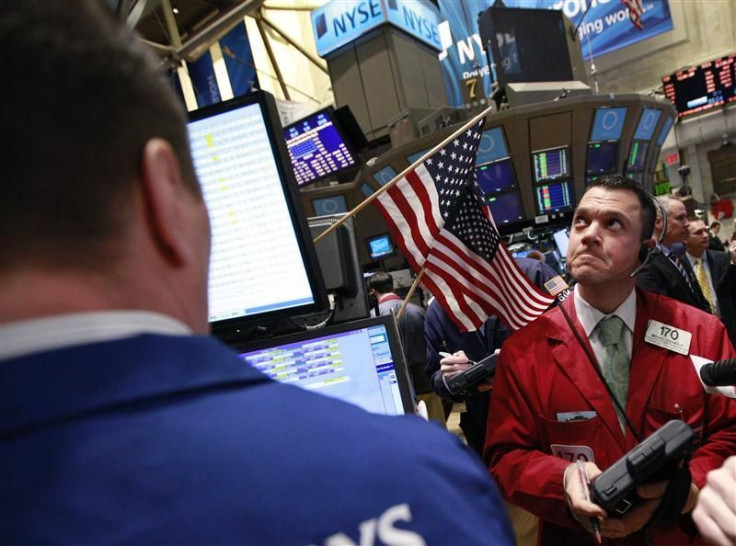Green Shoots of Optimism Are Growing
OPINION

Tom Sowanick is co-president and chief investment officer of Omnivest Group in Princeton, N.J.
There continue to be multiple signs that the U.S. economy is expanding at a solid clip.
Monday morning, Non-Manufacturing ISM reported a reading of 57.3 which is the highest level since February 2011. Last week we learned that total vehicle sales in the United States are running at a seasonally adjusted annualized rate (SAAR) of 15.1-million; a selling rate not seen since February 2008.
And while Europe’s Non-Manufacturing ISM came in a tad weaker than expected, retail sales for Europe came stronger than expected with a gain of 0.3 percent vs. expected decline of 0.1 percent. This mixed data is actually an improvement over the much heralded recession that Europe is currently in.
The announcement that China was targeting GDP growth of 7.5 percent for 2012 sent most equity and commodity markets lower but few should take this forecast with any degree of certainty. If anything, investors should focus on the recent announcement from the People’s Bank of China (PBOC) that reserve requirements were lowered by 50 basis points (bps) to stimulate lending.
Back in the U.S., another modest decline in weekly jobless claims to 351,000 bodes well for this Friday’s monthly employment report. Non-Farm Payrolls are expected to come at 210,000 for a third consecutive month of 200,000 plus job gains.
Last week French President Nicolas Sarkozy said “We have not exited the economic crisis but we are turning the page.” which may signal that the worst may be behind the European financial crisis.
This week Greece will await the decision of the Private Sector Investors (PSI) to accept or reject the long-negotiated “haircut” on Greek sovereign debt. At risk is the potential triggering of credit default swap (CDS) which would be unsettling for financial markets globally.
Last week the Euribor-OIS spreads narrowed from 0.65 bps to 0.61 bps on the heels of the second LTRO program by the European Central Bank (ECB) for 529 billion euros. This long-term repo arrangement is having a positive impact on funding costs for European financial institutions.
We also saw last week credit spreads for both high-yield and investment-grade corporate bonds continuing to narrow, indicating that investors are still searching for incremental yield. The need for incremental income from lower quality assets should be an ongoing concern until the Federal Reserve begins to signal a shift in monetary policy -- a decision not likely to come anytime soon.
We believe that other risk asset classes will benefit from increased demand, resulting from zero interest rate policies (ZIRP) such as real assets, i.e.: commodities.
We would also focus on investing in emerging equity markets which should benefit from high economic growth prospects.
© Copyright IBTimes 2024. All rights reserved.





















